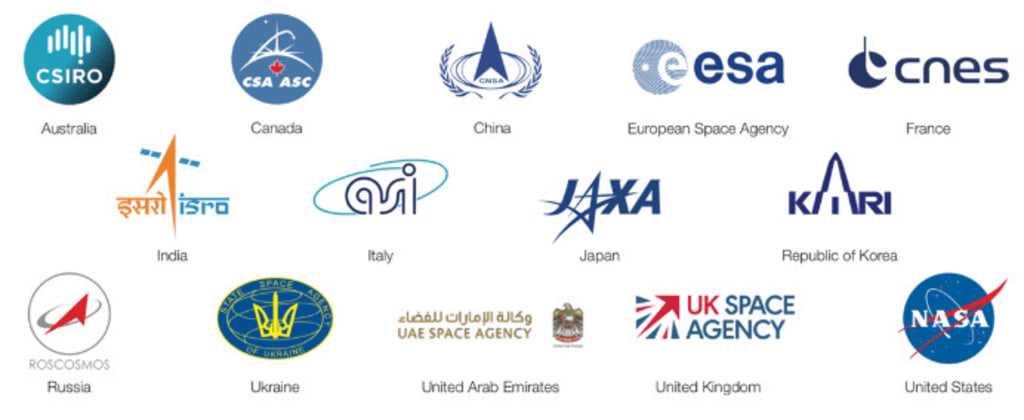Top websites which provide free Astronomical data
We will list the best 10 sites in the following blog. Since each site has a different type of astronomical data the number in front of the site does not rank them.

Astronomy is the field of science that deals with the study of celestial bodies and events happening in the universe. There are plenty of ways to observe these bodies and events which mainly includes earth-based observations and space-based observations. Every individual (people doing research) can’t observe data on their own. So, some websites provide free astronomical data for researchers and the general public.
1. National Space Science Data Coordinated Archive (NSSDCA):
National Space Science Data Coordinated Archive serves as the permanent archive for NASA space science mission data. It has a variety of data for researchers which includes astronomy and astrophysics, solar and space plasma physics, and planetary and lunar science.
2. European Southern Observatory Science Archive (ESO):
The ESO Science Archive Facility has a partnership with the Space Telescope – European Coordinating Facility (ST-ECF). It provides data from ESO telescopes at La Silla Paranal Observatory, including the APEX submillimetre telescope on Llano de Chajnantor. In addition, the raw data obtained at the UK Infrared Telescope facility in Hawaii are available.
3. Indian Space Science Data Centre (ISSD):
The Indian Space Science Data Center (ISSD) provides data ingestion, processing, archival, and dissemination services to the global science community for the science mission of ISRO. In addition to them, the data is also made accessible to the general public. It is located at Indian Deep Space Network (IDSN) Byalalu campus of ISRO.
4. Canadian Astronomy Data Centre (CADC):
It was established in 1986 by the National Research Council of Canada (NRC). It is hosting data from Hubble Space Telescope, Canada-France-Hawaii Telescope, the Gemini observatories, and the James Clerk Maxwell Telescope.
5. SIMBAD Astronomical Database:
SIMBAD is a bibliographic database of astronomical objects of interest outside the solar system such as stars, galaxies, interstellar medium sources, clusters of stars/galaxies, exoplanets, and gravitational sources. It is operated by Centre de Données astrinumiques de Strasbourg (CDS) in France.
6. High Energy Astrophysics Science Archive Research Center (HEASRC):
It is the primary archive for high-energy astronomy missions, in the extreme ultraviolet, X-ray, and gamma-ray wavelengths. The HEASARC contains archival data, multi-mission software and analysis tools, and information about observatory missions.
7. Mikulski Archive for Space Telescopes (MAST):
It is NASA funded project to support and provide astronomical data archives, with the primary focus on scientifically related data sets in the optical, ultraviolet, and near-infrared parts of the spectrum.
8. Solan Digital Sky Survey (SDSS):
It has created the most detailed three-dimensional maps of the Universe ever made, with deep multi-color images of one-third of the sky, and spectra for more than three million astronomical objects. It has 17 data releases including early releases. Each data release includes various types of data.
9. AstroBin:
AstroBin is the website for image hosting of astrophotography. It has various types of image data uploaded by users from all around the world. In addition to data available on the website it also has a facility to upload your images with all the technical data of your image. It was started in 2011.
10. NASA/IPAC Extragalactic Database (NED):
It provides detailed and referenced photometry, position, and redshift data. NED also includes images of over 773000 extragalactic objects. It is funded by NASA and operated by the California Institute of Technology.
Hence, we can say that astronomy has its door open for all. There is a lot of data available for the scientific community worldwide as well as the general public. One can use this data to contribute to the bright future of humanity.
About the Creator
Yash Kameshwar
I'm an astrophysicist and my interest towards astronomy is to explore the universe. I like to learn about stars, planets, and galaxies. I like to see how they are formed. If you want to learn more about astronomy.






Comments
There are no comments for this story
Be the first to respond and start the conversation.